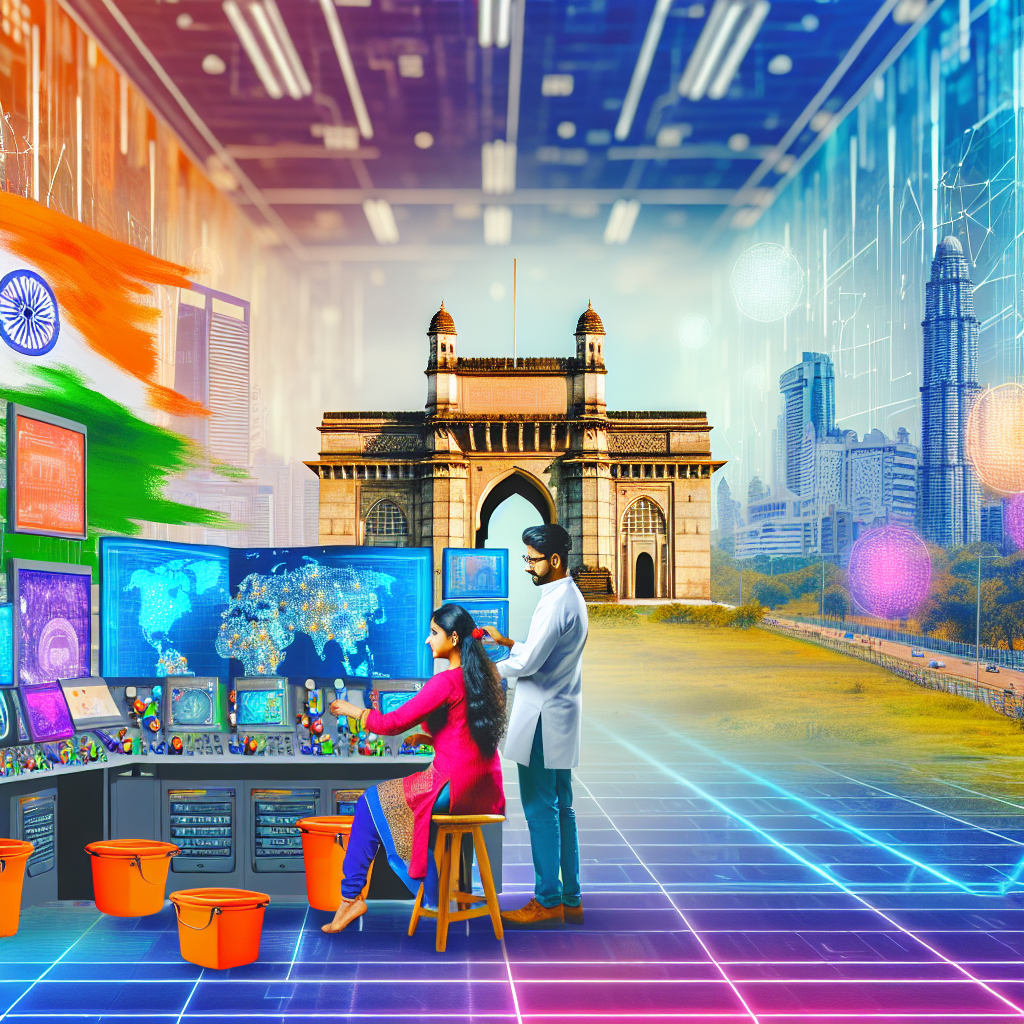National Technology Day Highlights India’s Tech Growth
Introduction
National Technology Day, celebrated annually on May 11 in India, serves as a testament to the nation’s lengthy and striving journey toward technological advancement. This day marks a moment for reflection and recognition of the breakthroughs and innovation that have shaped India’s tech landscape. The purpose of this blog post is to delve into India’s technological evolution, celebrating the significant milestones, exploring the recent achievements, and forecasting the potential future as India continues to make remarkable strides in technology. Recognizing these developments is crucial not only for national morale but also for understanding India’s growing role in the global tech arena.
Historical Milestones in Indian Technology
Since gaining independence in 1947, India has embarked on a transformative journey to establish itself as a major player in global technology. One of the early milestones was the launch of Aryabhata, India’s first satellite, in 1975, which marked a pivotal step in space technology and self-reliance. This laid the groundwork for the Indian Space Research Organisation (ISRO), which has since become a powerhouse in affordable space exploration.
The development of the IT sector in the 1990s was another cornerstone, catapulting India onto the world stage as a leader in software services and IT outsourcing. This era saw the rise of giants like Infosys and Tata Consultancy Services (TCS), which forged strong ties with Western economies. Additionally, the establishment of prestigious institutions, such as the Indian Institutes of Technology (IITs) and ISRO, provided a foundation for educational excellence and innovation.
Recent Technological Achievements
In recent years, India has emerged as a leader in software development and digital applications. The country’s robust startup ecosystem has witnessed a surge of innovation, producing numerous unicorns—startups valued at over a billion dollars—in fields ranging from fintech to health technology. Platforms like Paytm, Flipkart, and Ola have not only dominated the local market but have also set benchmarks globally.
Furthermore, India has seen impressive advancements in digital payments and e-governance. The introduction of the Unified Payments Interface (UPI) revolutionized digital transactions by providing a seamless and scalable method for millions of users. Additionally, programs like Aadhaar, a biometric identification system, exemplify India’s leap towards digitizing governance and enhancing citizen services.
Contributions to Global Technology
Indian tech services have fundamentally reshaped global outsourcing, providing cost-effective and skilled labor that powers numerous international businesses. This is highlighted in strategic collaborations with multinational corporations, fostering shared development and innovation. Noteworthy ventures include partnerships between Indian tech firms and Silicon Valley giants such as Google and Microsoft, ensuring mutual growth and expertise exchange.
Indian innovations have also addressed pressing global challenges. In healthcare, companies like Biocon and Technofab Engineering are pioneering cost-effective pharmaceutical and med-tech solutions. In agriculture, tech-driven innovations such as drone-assisted farming and data analytics provide sustainable solutions to global food security challenges.
Key Sectors Pushing Technological Growth
Artificial Intelligence (AI) and machine learning are at the forefront of India’s technological progression, driving transformations across industries. In agriculture, innovations like robotic systems and smart farming techniques are tackling labor shortages and enhancing productivity and quality.
Biotechnology is another burgeoning field, with advancements in genetic research and bioinformatics contributing significantly to health care and agricultural developments. India’s tech ecosystem is rapidly adapting AI for practical applications such as automation in dairy farming and enhanced crop monitoring systems, offering solutions that are both economically viable and technologically advanced.
Future Initiatives and Innovations
Government initiatives such as “Digital India” and “Make in India” have been instrumental in fostering a tech-friendly environment that promotes innovation and growth. These projects aim to enhance digital infrastructure, increase internet connectivity in rural areas, and encourage investment in local tech startups.
Investment in research and development stands as a priority, with the establishment of various innovation hubs and tech parks across the country fostering creativity, collaboration, and commercialization of new technologies. Over the next decade, India is poised to witness a surge in tech trends such as quantum computing, renewable energy technologies, and AI-based automation, propelling both the national and global technology fields forward.
Conclusion
National Technology Day is not just a commemoration but a celebration of India’s ingenuity and progress in technology. It’s a moment to appreciate past achievements and reinforce the call for continued investment in technology, education, and innovation. As India continues to evolve as a tech giant, the impact of its growth serves as an inspiration to developing nations, emphasizing the power of strategic investment in technology to catalyze national progress.





